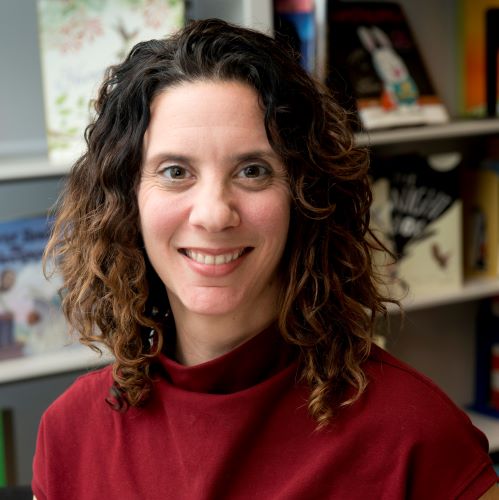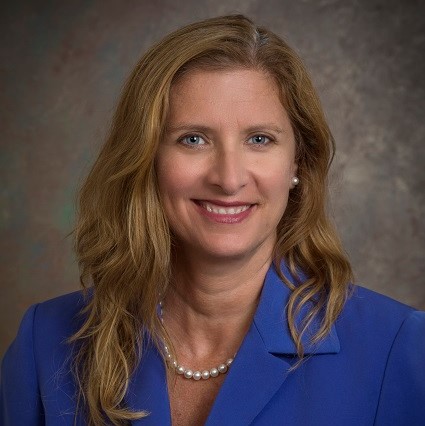School of Education
Research Spotlight: Erica Litke and Laura M. Desimone

How do teachers' dispositions for and their professional learning in culturally responsive teaching relate to their use of these teaching practices?
About Erica Litke
Erica Litke is an associate professor specializing in mathematics education in the School of Education (SOE) at the University of Delaware. Her research focuses on understanding and improving instructional quality in mathematics for students in the elementary and secondary grades. She serves as principal investigator (PI) on a National Science Foundation (NSF)-funded project, titled Supporting Teachers to Develop Equitable Mathematics Instruction Through Rubric-Based Coaching, and co-PI on a second National Science Foundation-funded project, titled Improving Professional Development in Mathematics by Understanding the Mechanisms that Translate Teacher Learning into Student Learning. She is affiliated with SOE’s undergraduate and graduate programs and the UD Graduate College’s Ph.D. in Education and Social Policy program.
About Laura M. Desimone
Laura M. Desminone is CEHD director of research and professor in the SOE with a secondary appointment in the Joseph R. Biden Jr. School of Public Policy and Administration at the University of Delaware. Desimone studies how state, district and school-level policy can better promote changes in teaching that lead to improved student achievement and to closing the achievement gap between advantaged and disadvantaged students. She is currently PI on Research on Curricular-Aligned Partnerships and co-PI on the Efficacy and Enactment Study of Middle School Mathematics, both funded by the Bill and Melinda Gates Foundation, and co-PI on Pathway to STEM Success: Improving Access and Success and Closing Equity Gaps in College-level Math in a State Community College System, funded by the NSF. Much of her work has focused on standards-based reform and school reform and teacher quality initiatives, (e.g., teachers’ professional development, induction and mentoring). She is affiliated with the SOE’s Ph.D. in Educational Statistics and Research Methods program and directs the UD Graduate College’s Ph.D. in Education and Social Policy program.
Equity, Diversity and Teacher Preparation Faculty at CEHD
Litke and Desimone’s research complements the work of CEHD faculty studying equity and diversity and teacher preparation, who include Ann Aviles (people of color experiencing homelessness), Tia Barnes (mental well-being of students of color), Roderick L. Carey (Black boy and Latinx mattering), Valerie Earnshaw (health inequities and stigma), Heather Farmer (health disparities between white and non-white patients), Lynsey Gibbons (teacher learning and equitable instruction in mathematics), James Hiebert (continuous improvement in mathematics curriculum), Amanda Jansen (engagement and motivation in mathematics instruction), Eric Layland (LGBTQ+ health), Bahira Sherif Trask (globalization and family change), Rosalie Rolon-Dow (Black and Latinx educational experiences) and Elizabeth Soslau (culturally responsive pedagogy), among many others.





